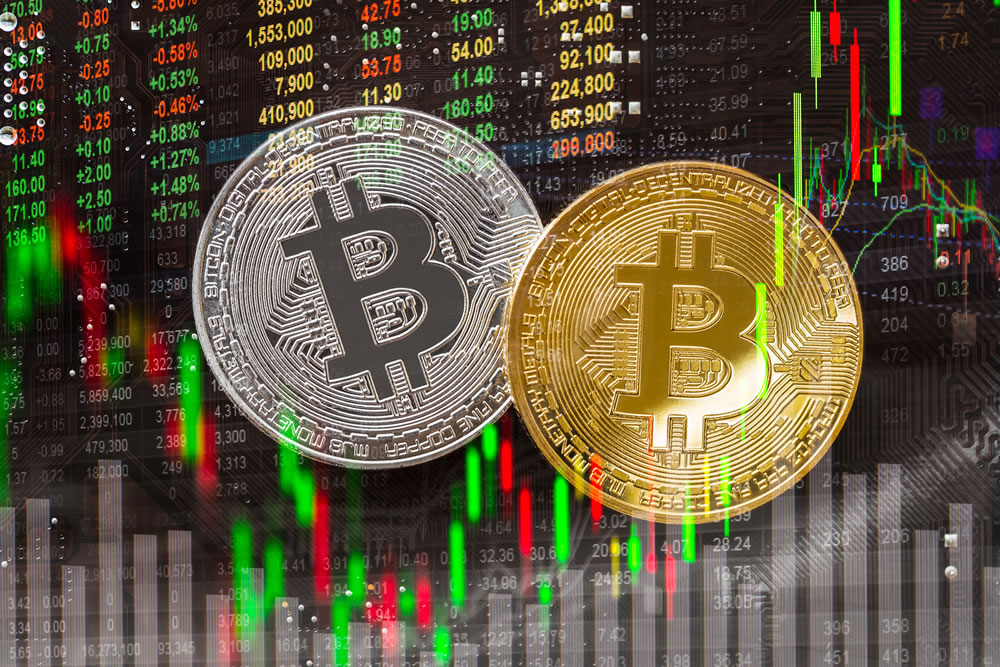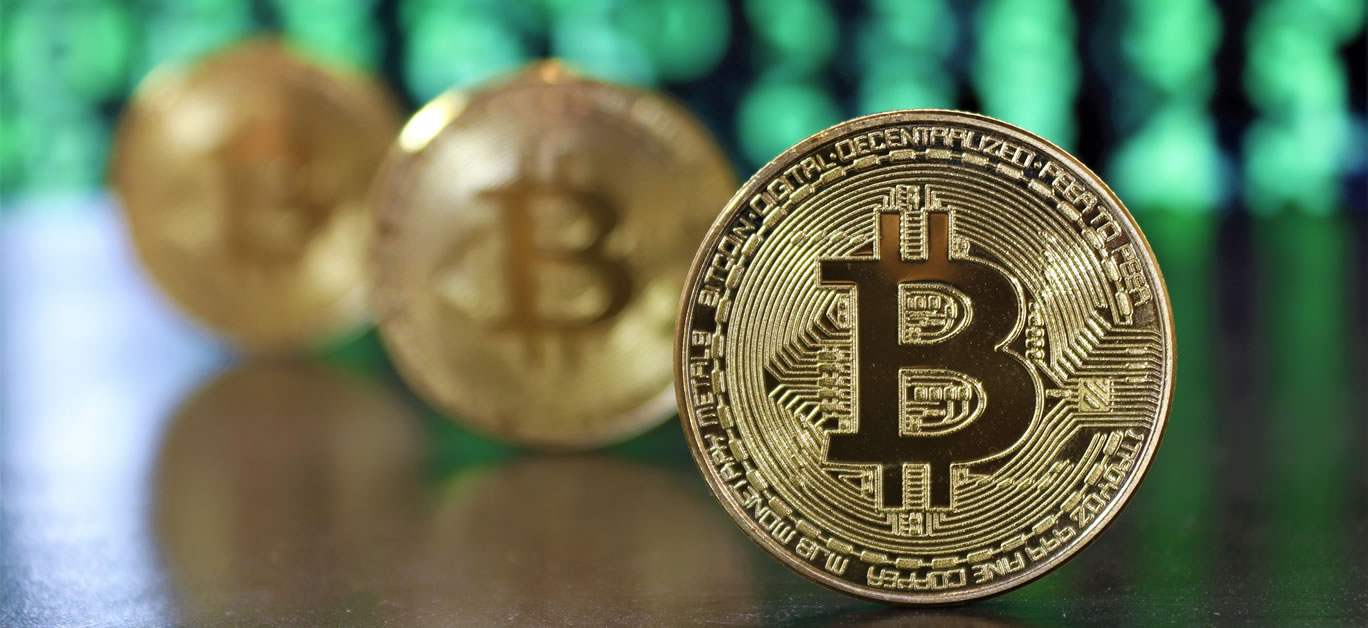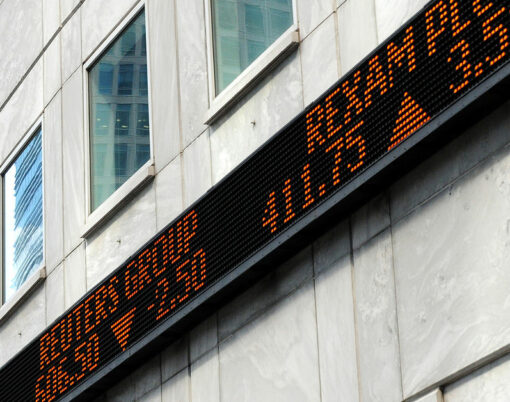If you have been reading LLM – Luxury Lifestyle Magazine for a while, you’ll know that we’ve been aboard the cryptocurrency bandwagon from something near the start. However, if you’re new to us, and to cryptocurrency, you may be wondering how to cut through the hype to get a better understanding of what’s really going on in the Bitcoin market.
Thanks to tools like British Bitcoin Profit (https://british-bitcoinprofit.com), trading in cryptocurrency has never been easier. In the past 18 months or so, particularly during lockdown, more and more casual traders have dipped their toe into the world of cryptocurrency, resulting in Bitcoin reaching all-time highs in 2021.
But what sets the Bitcoin apart from the rest, and what does the market look like on the whole?
Bitcoin operates on the blockchain, which serves as a digital ledger, outside of control from central states or organisations. The ledger records all peer-to-peer transactions, and is subsequently tamper-proof. Bitcoin’s strength lies in its security and transparency.

Initially an off-radar experiment created by a pseudonymous character known as Satoshi Nakamoto, Bitcoin’s decentralised premise has captured the imagination of many a fintech entrepreneur, and now boasts a market capitalisation of over 1 trillion US dollars.
The majority of sceptics continue to argue that cryptocurrency is too volatile a commodity to refer to as an investment or an asset class, but the continued growth of the leading crypto markets is hard to ignore.
Bitcoin reached a trillion-dollar market cap in a 12-year period. To put that in context, that’s half the time it took Jeff Bezos’ monolithic Amazon to break the trillion-dollar cap (24 years), and almost a quarter of the time of Apple (42 years). Like it or loathe it, Bitcoin has truly gone ‘to the moon’, to reference well-worn crypto memes.
Of course, people who want to invest in Bitcoin cryptocurrency should always keep in mind that the cryptocurrency market does not operate the same way as the traditional stock exchange, fiat currencies and bonds. As a result, the mindset and associated risks are different, and require a different set of skills to operate in this market.

Some of the industry’s volatility comes from its tender age. In the case of trading stocks, investors have decades of precedent to reference, as well as gigantic hedge funds making decisions which influence the fragile ecosystem of stock trading.
In the realm of cryptocurrency, the market is at the beginning of its life cycle, and there are a number of lags, gaps, and information deficits which are yet to be fully realised. This allows for greater fluctuations as industry conformists get to grips with the emerging traits of the crypto market.
In 2017, Bitcoin’s market capitalisation stood at around $300 billion, by 2018, the leading cryptocurrency had a market cap of $800 billion. With a relatively small market size, compared to, for example, the US stock exchange, fluctuations are greater. Even in a high-fluctuation year, between 2016 and 2017, the US stock exchange’s market capitalisation went from 112 trillion USD to 76.3 trillion. A large swing, but not even close to the over 150% increase in Bitcoin market between 2017 and 2018.

Let the fluctuations be a warning for would-be cryptocurrency traders – particularly if you are interested in investing an alternative currency outside of the big names. Investing in a small market represents a higher risk, but also offers a higher reward than placing your money in established and well-understood markets.
Bitcoin price changes are often attributed to the simple economic forces of supply and demand. The mechanism involved in mining Bitcoin, alongside periodic ‘halving’ events which reduce the quantity of new currency injected into the system, ensures that demand per Bitcoin remains high, which stimulates competition in the market and, as of May 2021, continues to push the prices high.
The bottom line is that, despite just breaching a trillion-dollar market capitalisation, as an investment commodity, Bitcoin remains a very small market to invest in – when compared with traditional assets like precious metals, oil, or stocks. As a result, the potential gains, and losses, remain higher than the elder asset classes.
Disclaimer: Investing money carries risk, do so at your own risk and we advise people to never invest more money than they can afford to lose and to seek professional advice before doing so.






















